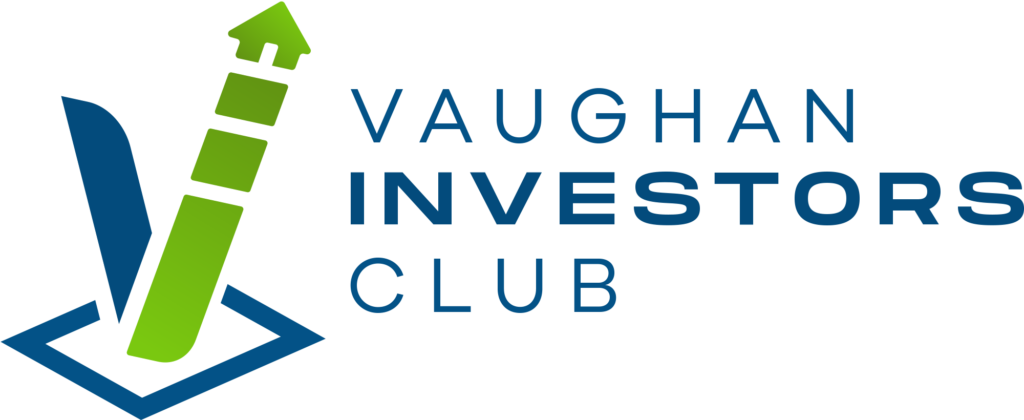Real Estate
Types of investments
Real Estate
What we Offer

Training / Education
• 1 on 1 Coaching
• Monthly Meetups
• Virtually Learning

GUIDED INVESTING
We become your Realtor.
You do the work, we will
guide you every step of the way
Typical Return
20%-45%

Passive investing
Invest from home,
we do all the work
Typical Return
15%-25%
Build Wealth, Live Life
Training and Education: Through monthly events, webinars, live training and networking join our group of like-minded investors that are interested in learning about how real estate can build a secure financial future.
Guided Investing: We are active real estate Agents. We become your Investment Realtor/Coach and guide you every step of the way. From selecting the strategy that fits your goals, to analyzing deals, to providing access to all of our exclusive partners, ensuring you’re taken care throughout your investment journey. There is no cost in having us coach you while we are your realtor.
Passive Investing: We do all the work for you. Great returns with zero effort on your part. Treat Real Estate investment similar to stocks/mutual funds or other traditional investments.
Canadian appreciation rate has been 5%+ since 1956. Removal of appreciation in ROI calculations still typically generates approx. 6%-8% return from the asset due to Mortgage pay down and monthly cash flow.
We are Licensed Realtors that can assist you with all aspects of buying or selling your homes.
Get the demo
Turn leads into customers with less effort today
6 PROVEN WAYS REAL ESTATE BUILDS WEALTH
We work with partners who are not satisfied with the returns generated through traditional investments such as stocks/ bonds/mutual funds, and are looking for an alternative. Stock market returns are projected to grow roughly 7%/year over the next 10 years*. Although no investment vehicle is 100% guaranteed, our typical returns generated for partners is 12-25%/year, which usually increases the longer an investment property is held. (* source: The Globe & Mail)
1. Appreciation & Mortgage Pay down
As a property increases in value, wealth is built simply by the time associated with owning the property (assuming the mortgage and expenses are paid). This coupled with a mortgage that is being paid down by tenants allows you to increase your wealth, while decreasing your debt. Even if a property does not appreciate at all, if rent simply covers expenses, there is still a positive return on investment. Lets take a property purchased for $300K today, with 20% down payment, and a 3% mortgage. Lets also assume we rent this property out and only cover our expenses. Then with no appreciation, and only mortgage pay down, the property would yield a 12%/year return on the initial $60K invested. Now lets assume a modest 4% appreciation, in this scenario, the property would yield a total of 32% /year return on investment.

Given the historical appreciation of real estate in Canada (5%+ since 1956), it is one of the most secure investment vehicles available over the long term. Click here to learn how secure real estate investing is.
2. Cash Flow
We only purchase properties that are likely to cash flow well on the positive side. This means that each month we collect rent, after all expenses are paid, there are funds left over for us as the investors to decide what to do with. Given appreciation is a variable in real estate (although a very likely variable), we aim to at least equal, and in most cases beat the average stock market returns by only using Cash flow and Mortgage pay down. Learn more about Our Investment Model.
3. Leverage
Leverage alone is one of the most powerful elements of investing in real estate. Let’s say you purchase a $300,000 home. Typically you will only need to supply a down payment of 20% of the purchase price ($60,000). As the property appreciates in value, you are taking advantage of the full $300,000 providing your returns, causing your return on investment to be far greater rate than the property appreciation. Therefore, if the property appreciated 5% in the year, the cash return on investment would be 25%
4. Equity
Have your largest assets always working for you: In life, we have always been taught to pay down our mortgage and eliminate our debt. However, mortgage is what we call “good debt” given that the asset it is borrowed against typically appreciates over time. As opposed to a car loan, which is a loan on an asset that loses its value over time. One of the great things about owning real estate is that a property owner could withdraw the equity built in a home to do what they want with. They could pay back their initial investment, use it as a down payment on a new property/ investment, or decide what they would like to do with it . This allows an investor to essentially continue to purchase properties, without having to save up for a down payment each time. Essentially, your properties are always working for you. For example, if you own a $300,000 home that appreciates 25% over 5 years, or ($75,000), you have the option to pull out at least $75,000 (as the mortgage has been partially paid down over this time), and decide what you would like to do with these funds. We usually suggest either paying back the initial investment to yourself, or if the funds aren’t needed, reinvesting in additional properties or investments.
5. Tax Advantages
Tax Deferred or Tax Free through your RRSP’s or TFSA
Depreciation
In addition to how you invest in real estate, depreciation is also an accounting benefit to investors. By depreciating the value of the home, this reduces or can even eliminate the taxes payable today. This ultimately does get recaptured by the government once the property is sold, however with inflation, the saying is very true that a dollar today is worth far more than a dollar tomorrow (or 10-20 years from now).

